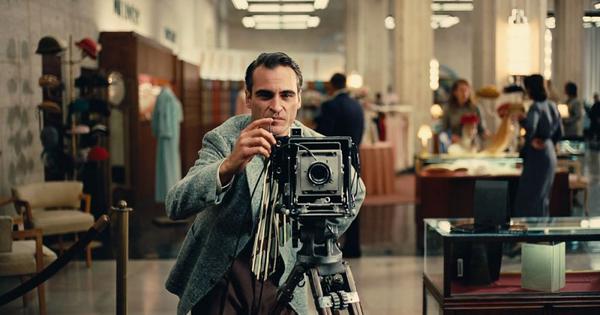An examination of cult dynamics and the complex relationship between a follower and his mentor.
Paul Thomas Anderson’s film, The Master, presents a compelling narrative that delves into themes of psychological manipulation and the power dynamics inherent in cults. Released in 2012, this movie features a remarkable performance by Joaquin Phoenix, who portrays Freddie, a troubled US Navy sailor struggling to find his place in the world after World War II. Alongside him, Philip Seymour Hoffman plays Lancaster Dodd, the charismatic leader of a cult that bears similarities to Scientology.
Freddie’s character is marked by volatility, alcoholism, and a profound sense of dislocation. After returning from the war, he finds himself unable to adjust to civilian life. Despite attempts at counseling and various jobs, including one as a photographer, his struggles persist. His search for stability leads him to Dodd and The Cause, a group that employs controversial methods, such as “time travel hypnosis therapy,” to address the psychological issues of its followers. Dodd’s assertion that Freddie is “aberrated” suggests that he has lost his way, and he encourages Freddie to submit to his guidance for redemption.
Unlike conventional narratives that simply depict the workings of a cult, The Master offers a nuanced exploration of the relationship between Dodd and Freddie. The film’s structure reveals a complex interplay of wills, where both characters are entangled in a bond that is as parasitic as it is dependent. Freddie’s resistance to Dodd’s authority complicates their dynamic, showcasing the challenges inherent in the mentor-follower relationship. Dodd, on the other hand, is not the infallible guru he perceives himself to be; his vulnerabilities and flaws emerge throughout the film.
The role of Dodd’s wife, Peggy, played by Amy Adams, adds another layer to the narrative. Peggy is portrayed as an equal partner in Dodd’s mission, providing both encouragement and caution as she navigates the complexities of their endeavors. This aspect underscores the collaborative yet contentious nature of their relationship, reflecting the multifaceted dynamics of cult leadership.
The Master is characterized by Anderson’s signature style, featuring intense close-ups and immersive visual compositions that heighten the emotional stakes. The film runs for 137 minutes, during which it captivates viewers with its rich character studies and thought-provoking themes. Phoenix’s performance is particularly striking; his portrayal of Freddie oscillates between psychosis and relatability, evoking a sense of empathy from the audience. Hoffman, in his role as Dodd, exudes an unsettling gravitas, embodying a man who believes he holds the keys to understanding human psychology.
Overall, The Master stands out not only as a film about a cult but also as a profound exploration of the complexities of human relationships, belief systems, and the struggles for identity and connection in the aftermath of trauma. With its powerful performances and intricate storytelling, the film invites viewers to reflect on the nature of influence and the psychological battles that define the human experience.








